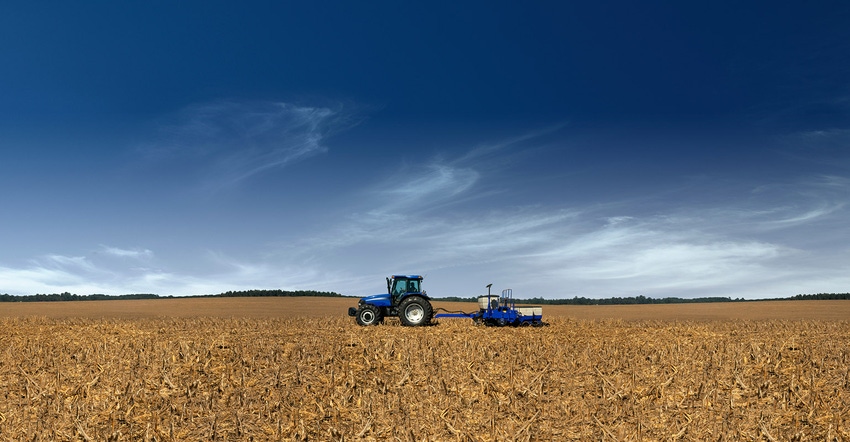
The discussion over carbon credits has started to pick-up recently, and it’s clear there are possible benefit for farmers. How does it work?
The idea is that farmers get paid for the greenhouse gases that their crops absorb. There have been some great articles (https://farmdocdaily.illinois.edu/2021/04/what-questions-should-farmers-ask-about-selling-carbon-credits.html) that explain the science, economics, and cause/effect for carbon sequestration practices.
Impact on costs
Carbon sequestration practices to sell carbon credits will affect your cost of production through a multitude of different facets: the amount of fuel you use, amount of chemicals/fertilizer you put on, the type of seed you have to buy, and – probably the most apparent – the yields. Regardless of what it effects, the main reason to obtain carbon credits is to sell them. Since we talk about accounting basis in these articles, we’ll talk about how we should treat the sale of carbon credits in your books.
From a tax standpoint, it should be straightforward as income; barring any interdiction from legislation to tell us otherwise. Receive your check, include it as income:
ACCOUNT | DR. | CR. |
CASH (ASSET) | 5,000 |
|
CARBON CREDITS (INCOME) |
| 5,000 |
Your accrual accounts will pretty much have the same transaction. However, carbon credits as a form of income is special and separate from your crop sales. Your carbon credits are a direct function of your crop production. We would apply the income received as a credit against your production cost – known as a cost reducer. As income, carbon credits decrease your cost of production:
Cost of production / bushel | $ 3.75 |
Total bushels produced | 100,000 |
|
|
Income from carbon credits | $ 5,000 |
Credit / bushel | $ 0.05 |
|
|
Adjusted cost of production | $ 3.70 |
Even if you only have a few fields that you are using for carbon credits, you get the benefit on all your bushels of decreased production cost and marketing floor for all your bushels for that crop year.
The opinions of the author are not necessarily those of Farm Futures or Farm Progress.
About the Author(s)
You May Also Like






